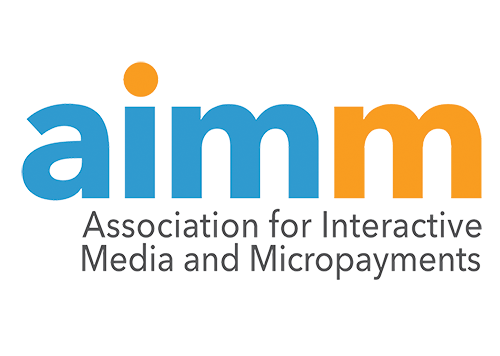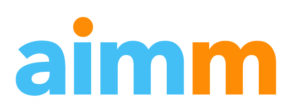The Global Carrier Billing & Mobile Payment Summit 2025, is taking place on September 9-10 in Amsterdam.
It will bring together operators, advertisers, content providers and regulators to explore the theme From Reach to Revenue Aligning Operators, Advertisers and Content Providers.
“From Reach to Revenue: Aligning Operators, Advertisers and Content Providers for the Next Chapter of Mobile Payments” sets the tone for the 2025 edition of the Global Carrier Billing & Mobile Payments Summit. The event brings together mobile network operators, media buyers, content providers, regulators, and technology platforms to explore the strategies, partnerships, and innovations shaping the future of carrier billing.
We are pleased to announce that not only are AIMM a supporting Association for the Summit, but Joanna Cox, General Manager of AIMM will be speaking on two expert panels at the event on the 10th September. Learn more about these expert sessions, so you don’t miss out.
We have now secured an exclusive discount for Members! If you are going to book your tickets make sure you contact the aimm team for your discount code first!
Representatives from Mobile Network Operators throughout the UK, Europe, Africa and the Middle East will meet to share knowledge, showcase regional successes and tackle the challenges surrounding DCB and Mobile Payments in more than twenty markets.
Payment service providers will provide invaluable localised insights while top-tier merchants will showcase exciting new products ranging from AR/VR gaming to streaming and education services.
Additional topics covering payment- and cyber security, regulation, digital marketing and sustainable development means GCB&MPS is the meeting place for Mobile Network Operators looking to establish, grow or showcase their Carrier Billing- and Payments offering.
Attendees will gain exclusive insights from key players shaping the future of carrier billing and mobile payments, so don’t miss out.
Learn more about this event and register for your tickets.
This event is run by MEF - Mobile Ecosystem Forum






